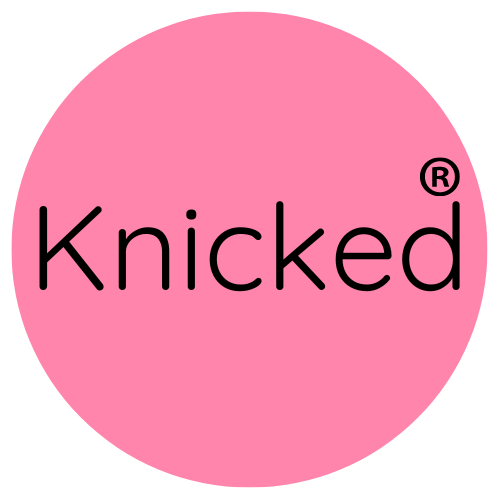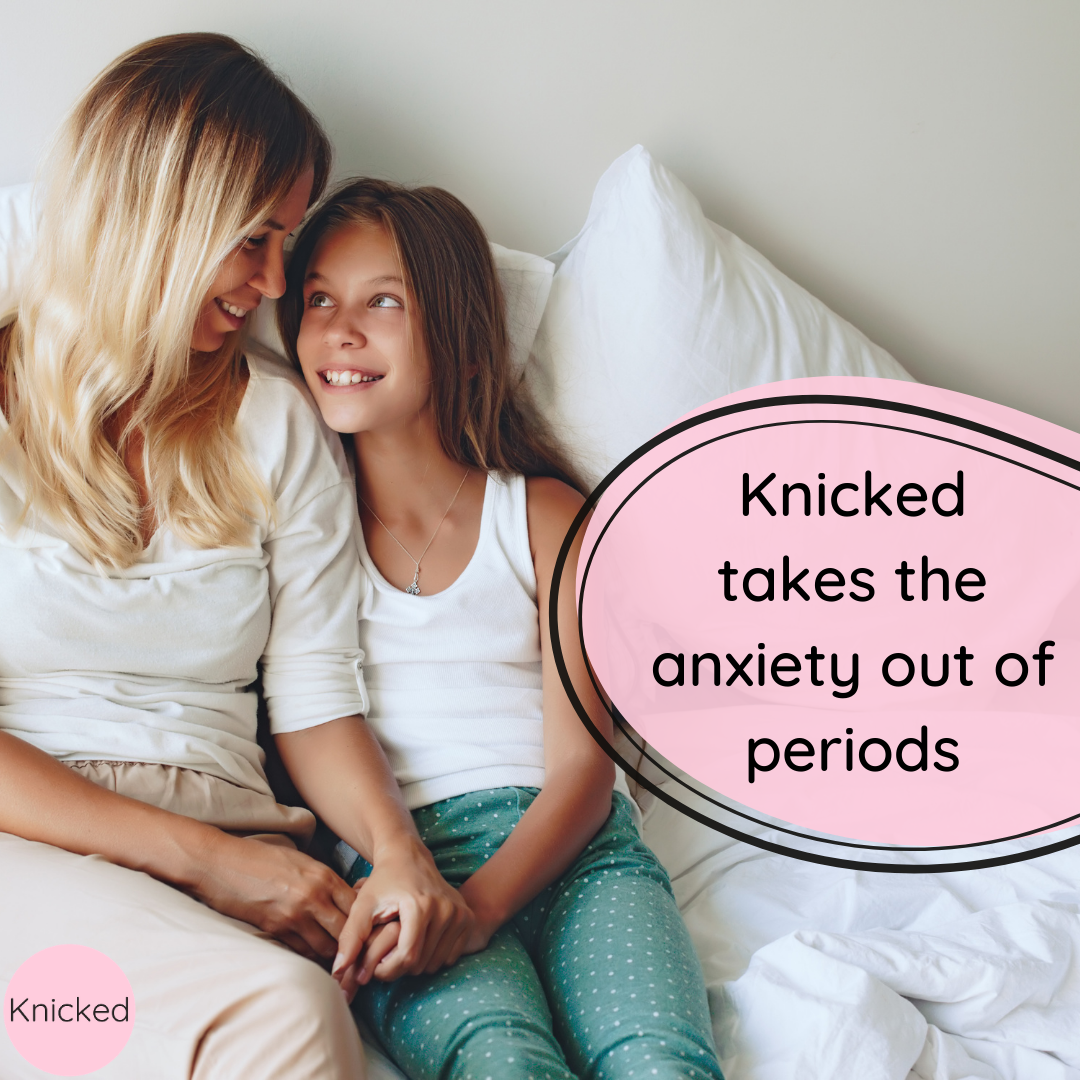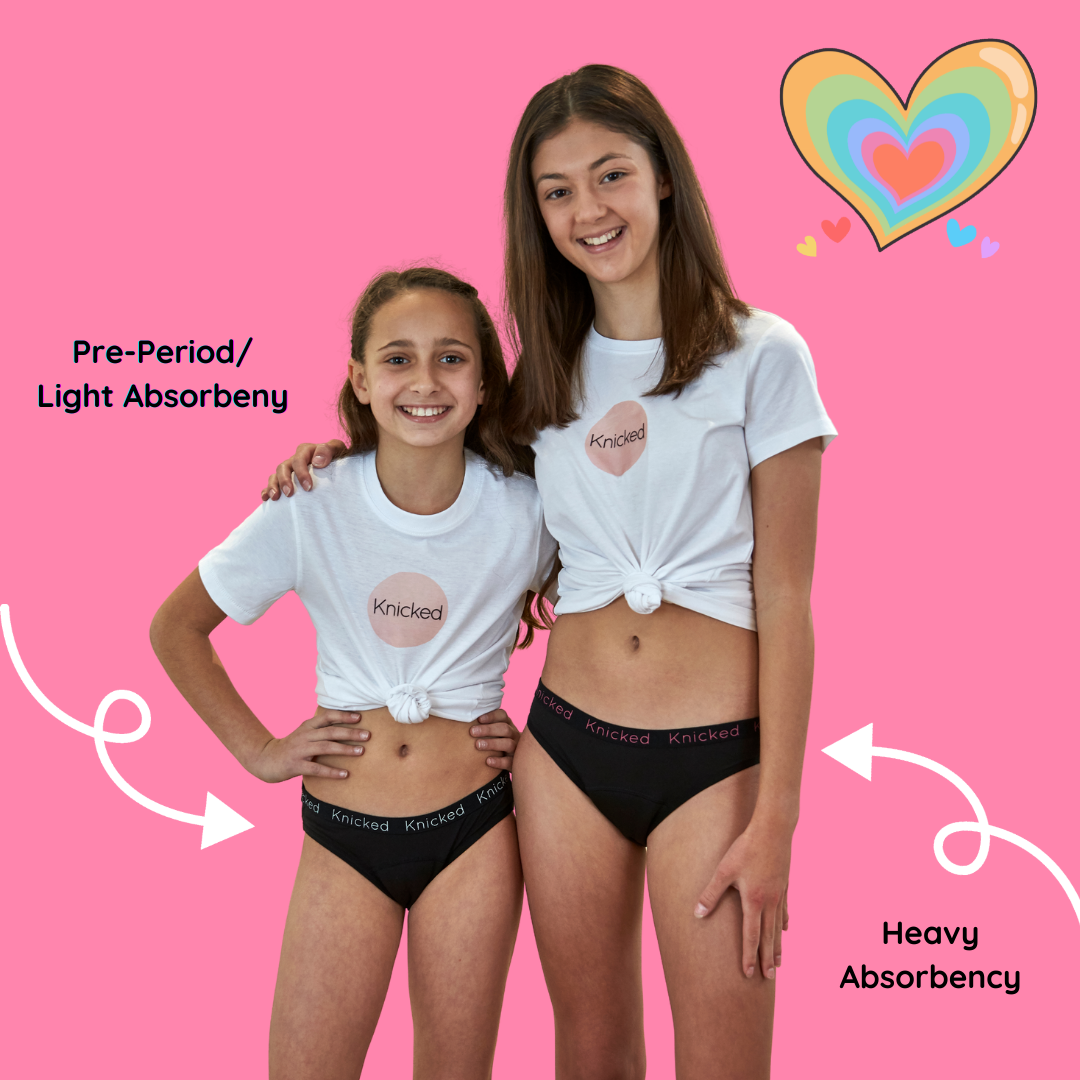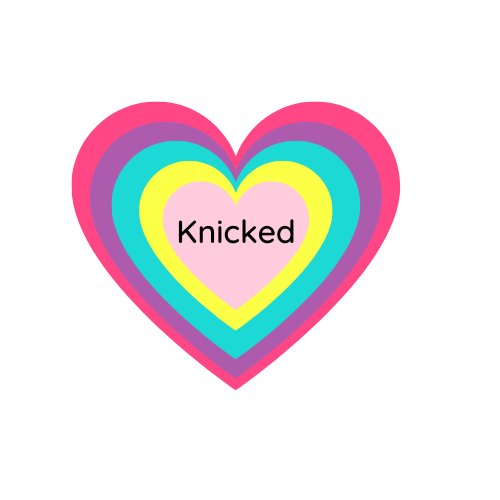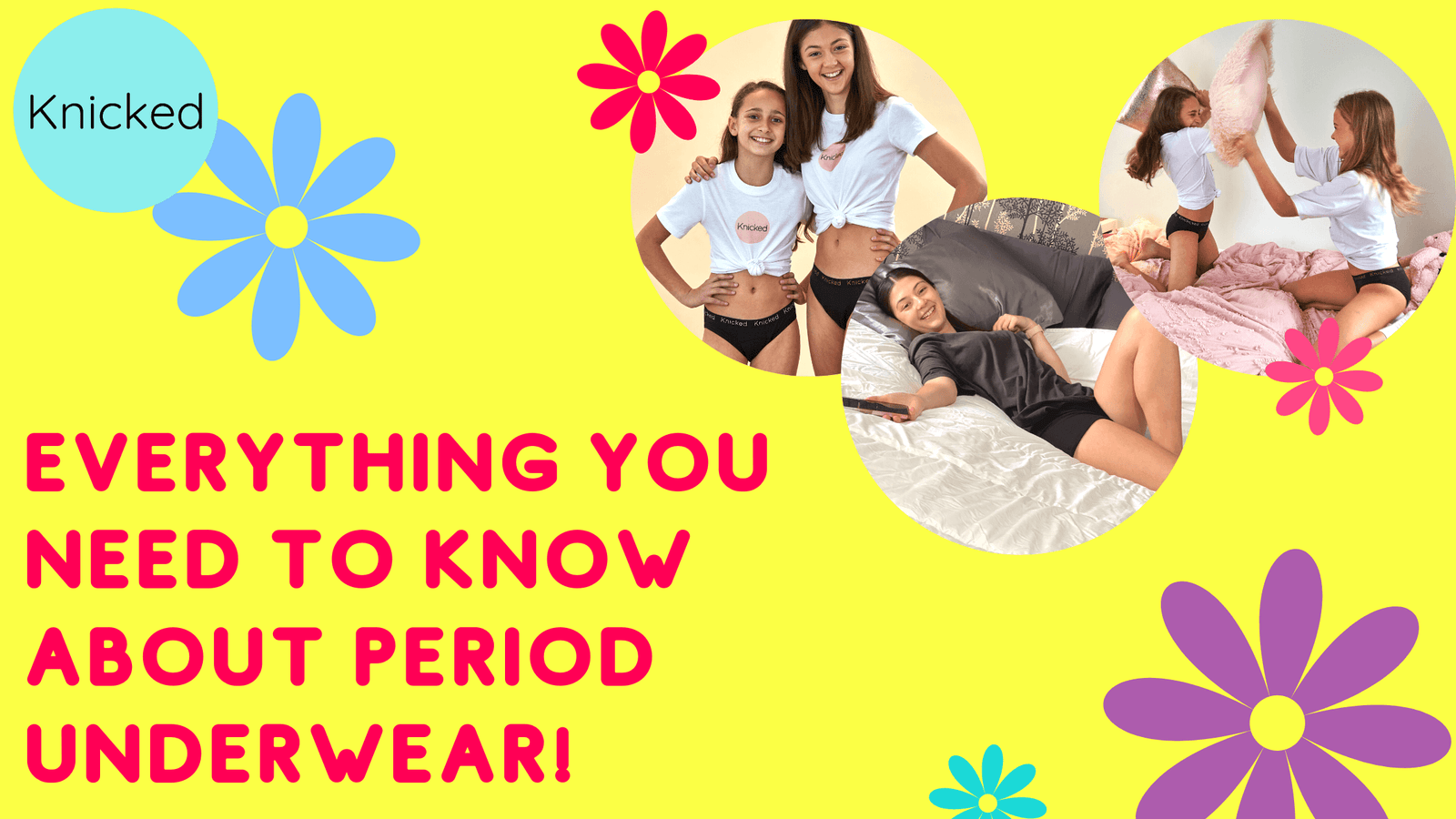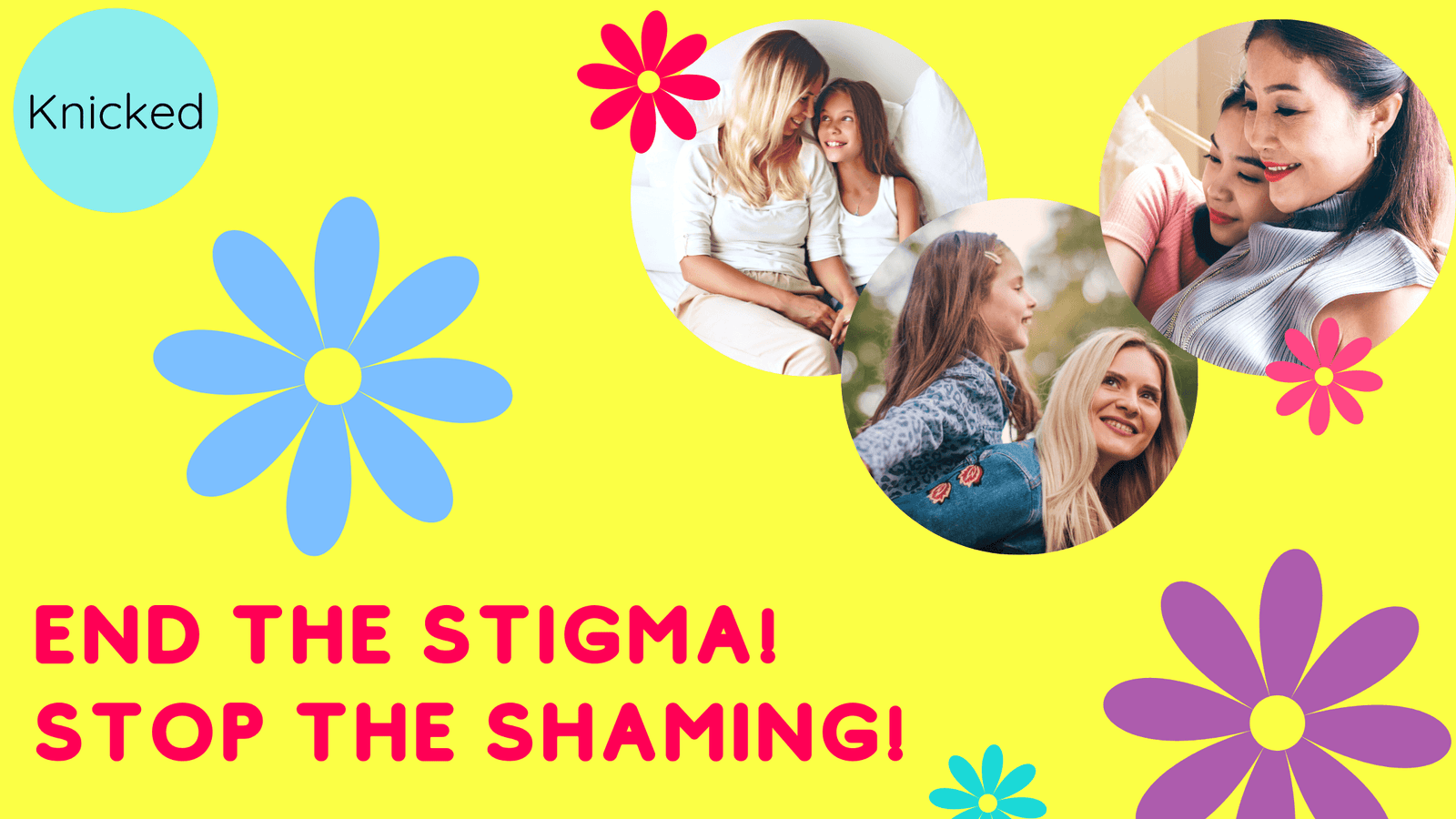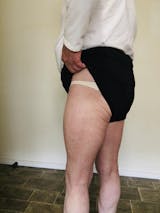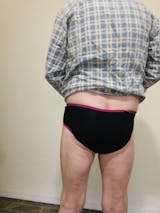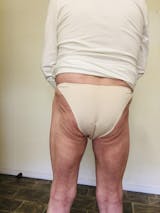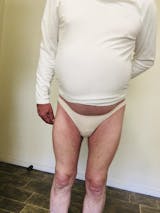Many of us think periods are synonymous with womanhood, because usually periods are associated with “becoming a woman”. A period, however, doesn’t define someone as a woman. Similarly, not getting a period doesn’t discredit someone's identity as a woman. Everyone - women, men, non-binary people and everyone in between - can experience menstruation, so when teaching your children about menstruation or talking about periods in general, it’s important to include everyone in the topic, otherwise it’s just not realistic!
Sadly, this hasn’t always been the case. Periods have long been associated with femininity, excluding the large spectrum of incredible people who also menstruate.
For many people, this association with women and femininity can heighten gender dysphoria, which is why it’s important to make periods as inclusive as possible. Think about periods being similar to having double jointed limbs- some people have it, some people don’t. Either way, it’s always cool when you find out someone has that ability!
So how can we help make periods more inclusive?
The answer: It’s all about language!
There are so many gender-inclusive things to strive towards, like making inclusive Sex Ed curriculums and eradicating Pink Tax, but the only way we can achieve these bigger feats is to start working on our simple everyday language. Because honestly, it is simple! Just being conscious of your wording and striving to make it inclusive, no matter your audience, is the easiest thing you can do to help make the shift to default period inclusivity.
Language to phase out:
- Using only the terms “women” or “girls” when talking about periods.
As we’ve already covered, periods are not exclusive to women, so using “people” is helpful.
- Saying getting your period is “becoming a woman” .
To be fair, getting a period is a big change in people’s lives, however we can still celebrate this milestone without feminine connotations. (Or, if you aren't one to celebrate them, that’s fine too. Periods are what you make them!). You could merely say your child or loved one is “growing up” or something simple along those lines!
- Referring to period products as “feminine hygiene products”.
Period products are hygiene products. Full stop. There is no need to gender them. (It’s like gendering toilet paper, and who would gender toilet paper?!)
- Calling it “Aunt Flow” or anything with similar feminine connotations.
If you need inspiration for other alternatives to saying “period” that are more gender neutral, take a look at the options on our funny alternative list.
(Disclaimer: some of the sayings on this list are gendered, however this is because we covered period euphemisms from around the globe and throughout history, but there are many gender-inclusive ones to pick from, such as “That time of the month” or, my personal favourite, “My uterus is trying to kill me”).
Language to prioritise:
- Generalised terminology.
Some examples: “Menstruator(s),” “people who menstruate”, “people with periods”, “people with uteruses”.
- Ungendered products.
Trust me, no one is going to get confused if you say “menstrual products”, “period supplies”, or refer to specific products, like “period underwear” or “pads”, as they are.
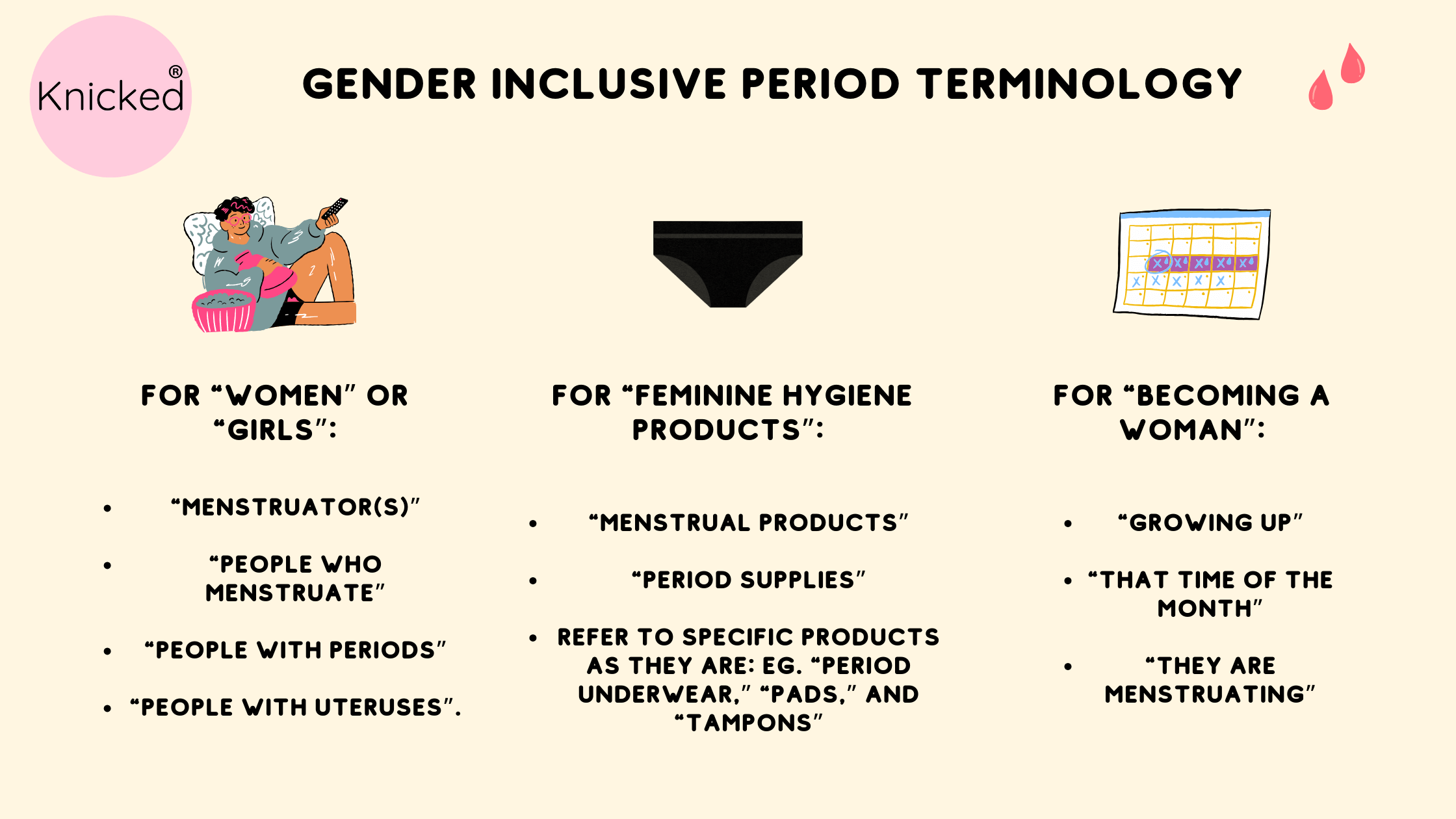
Things to remember about period inclusivity:
- Practice using gender neutral language.
Our personal language is a practised thing, even if we don’t realise it. So start unlearning unnecessarily gendered language and start practising inclusive alternates! After a while, these terms will become your default, and the world will be better for it.
- Correct yourself if you make a mistake.
As with all learnt skills, there will be hiccups. Take our business for example. We strive to make our period underwear inclusive, making it for every menstruating body. We have boyleg cut period underwear as well as the bikini style, say “tweens,” “teens” and other gender-neutral terms as often as possible, but sometimes we default back to gender-specific terms like “daughters” and “mums”. This is because we aren’t perfect, but we will always do our best to prioritise gender-neutral content and products moving forward, and update older content to reflect that change.
The same can be done with any other situation. If you use a gendered term, recognise it, and correct it. It’s these simple corrections that others will pick up on and start being conscious of in their own day-to-day.
- Start talking to all children about periods before they happen!
Being inclusive and changing current social norms will always depend on the newest generations to continue. So make inclusive language surrounding periods the norm. Be open with the changes that happen when someone is on their period and share the spectrum of people that can experience them. There should be no stigmas around periods for anyone!
- Language is dynamic, so stay updated.
Unfortunately, reading this article isn’t enough. In five or ten years, we may have a completely different view on what makes periods inclusive. So keep an open discussion about periods to always stay current and prioritise period inclusivity.
- Support inclusive brands.
To further make periods more inclusive, support the brands that are putting in the work to make them so. One person alone can’t change much, but when we support each other, everyone benefits. As Mx. Pucks A’Plenty said:
"Being a human is hard work, but it's easier to carry that load together. Keep showing up and extending grace for yourself and others."
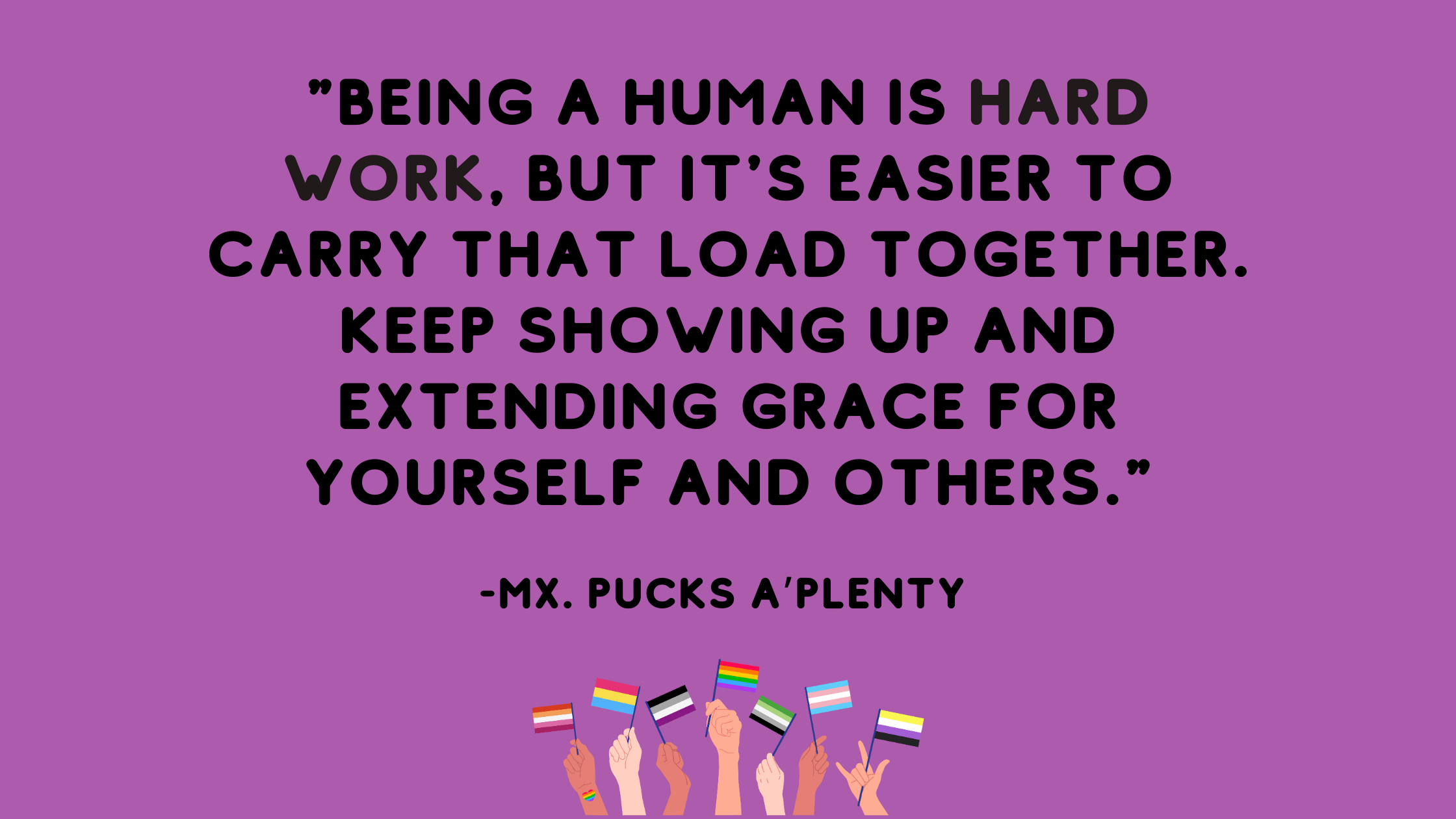
Extra note: If you are a trans or non-binary person, parent or ally, please know there are so many different avenues for support and inclusive education if needed. If you have a period, we suggest reading this article on protecting your mental health while on your period, how to find the best period product for you, and how gender-affirming hormones may affect your period.
Some Australian-specific resources to also know about include The Gender Centre, Transcend and Trans Hub. None of these organisations are related to Knicked in any way, but they may be good starting points for support if needed.
